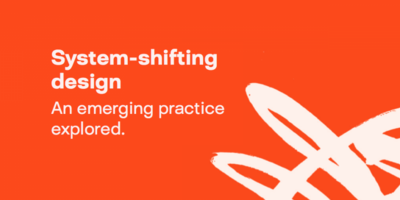University of Newcastle

Challenge
The School of Electrical and Electronic Engineering at Newcastle University had been working since 2008 to develop an inexpensive technology for medical ultrasound scanning, primarily for use in health care authorities, especially in developing countries, with the potential of saving lives through simple and affordable health scans.
The aim was to create a product which could be manufactured for around £40 - far cheaper than traditional ultrasound machines which cost anywhere between £20k and £100k. To do so meant stripping components down to a minimum and it being capable of interfacing with any PC or tablet.
The University had established a commercial link with Delft Imaging Systems – who had secured funding from an NGO – to explore commercialisation of the device in developing countries. Delft Imaging Systems commissioned the University to carry out further development. Part of this programme included a budget for prototyping, but no budget for user-centred design work.
The University asked for help from Design Council, who assigned Design Associate Jonathan Butters to help de-risk the project by carrying out user-centred design work as part of the commercialisation plan. Crucially, this meant moving beyond the existing functional prototypes towards a more sophisticated prototype capable of addressing key user needs.
What we did
Jonathan organised sessions with the research team on how to shape the product. The sessions addressed features that would need to be added and how such additions would add value for the end user. Having identified a need for more extensive design support, Jonathan then facilitated the introduction to an external design company.
We learned if we are able to make prototypes that are more like a final product, looking the way it should do, that could buy us actual benefits.
Jayshree Johnstone, Business Development Manager
The team had little prior knowledge about the design sector, so aside from supervising the initial meeting, this importantly also involved selecting an appropriate design company from an extensive list.
Results
I’ve had conversations with the team here about benefits of the programme, and the message is very clear that it’s very valuable. It’s been an interesting learning curve for the team here.
Jayshree Johnstone, Business Development Manager
As a result of the programme, the £10,700 needed for the further design support was awarded from the University’s internal EPSRC Impact Accelerator funding. This enabled production of a sophisticated prototype that carried fewer risks and had a higher likelihood of yielding positive results in field trials. Delft Imaging Systems further funded £20,850 for development of additional prototypes.
Pending the manufacture of 20 new prototypes, Delft Imaging Systems is expected to begin field trials in Africa shortly. The University of Newcastle researchers are convinced the product produced will have other applications in healthcare and beyond.
The Technology Transfer Office at Newcastle University is now also looking for opportunities to work with the same external design company on other projects.
[Design Council support] made the team understand what value they can add to the project and product development.
Jayshree Johnstone, Business Development Manager
Subscribe to our newsletter
Want to keep up with the latest from the Design Council?

